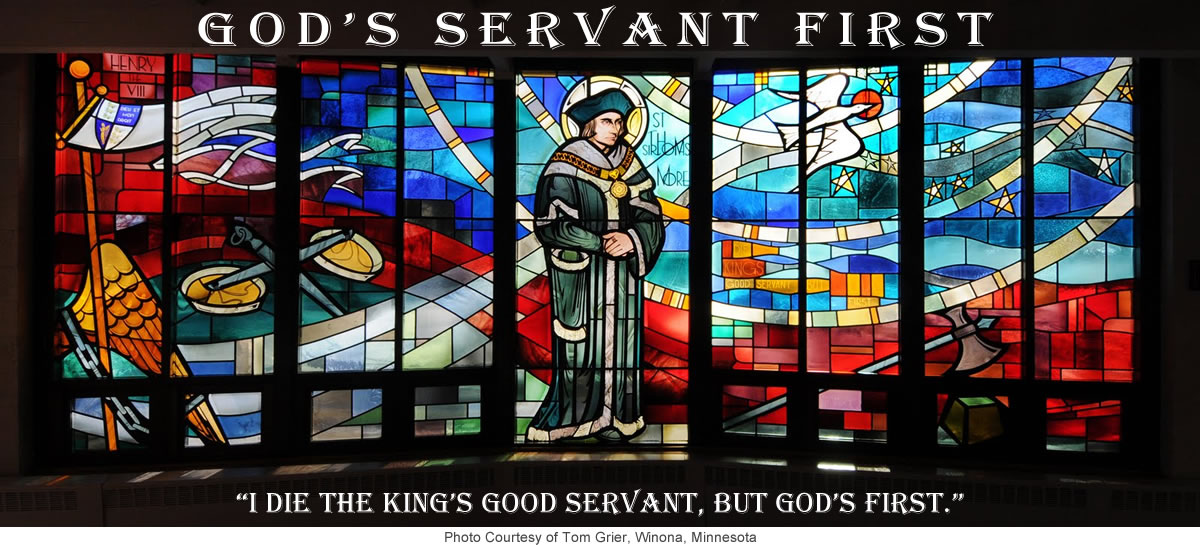The early theologian Tertullian once wrote, “The blood of the martyrs is the seed of the Church.”
The strength of this statement immediately raises a question: What is so significant about martyrdom, such that it is the very lifeblood of the Church?
One reason for this significance is that martyrdom highlights the important role that obedience plays in the Christian life. The Catholic Encyclopedia defines obedience as “a virtue or principle of righteous conduct,” “the moral habit by which one carries out the order of his superior with the precise intent of fulfilling the injunction.”
St. Paul’s discussion of obedience is well-known. In Romans 13, he writes, “Let every soul be subject to higher powers: for there is no power but from God: and those that are, are ordained of God. Therefore, he that resisteth the power, resisteth the ordinance of God. And they that resist, purchase to themselves damnation” (1-2). Likewise, the First Letter of St. Peter states, “Be ye subject, therefore, to every human creature for God’s sake: whether it be to the king as excelling, or to governors as sent by him for the punishment of evildoers, and for the praise of the good” (13-14).
At the same time, one’s obedience must be properly ordered, such that one’s allegiance to God comes before one’s allegiance to human authority (Acts 5:29). For this reason, martyrdom, even at the hands of civil authority, constitutes the ultimate act of obedience, because it is obedience to God. As St. Thomas Aquinas writes, “[M]artyrdom consists essentially in standing firmly to truth and justice against the assaults of persecution. Hence, it is evident that martyrdom is an act of virtue” (ST II-II:124:1). In fact, Aquinas argues “that martyrdom is the most perfect of human acts in respect of its genus, as being the sign of the greatest charity, according to John 15:13: ‘Greater love than this no man hath, that a man lay down his life for his friends’” (ST II-II:124:3). In Evangelium Vitae (The Gospel of Life), Pope St. John Paul II expands upon this theme of martyrdom as an act of obedience: “It is precisely from obedience to God—to whom alone is due that fear which is acknowledgment of his absolute sovereignty—that the strength and the courage to resist unjust human laws are born. It is the strength and the courage of those prepared even to be imprisoned or put to the sword, in the certainty that this is what makes for ‘the endurance and faith of the saints’” (73) (quoting Rev. 13:10).
The martyrdom of St. Thomas More epitomizes this call to obedience. More remained a faithful servant to King Henry VIII—the “higher power” of which St. Paul speaks—but More recognized a greater duty to God Himself. For this reason, More accepted martyrdom at the hands of the king in defense of the pope, the Vicar of Christ on earth. As Christ did before him, More went to his death in obedience to his Father in Heaven.
Like St. Thomas More, may we remain loyal to legitimate human authority, while always remembering that we too are God’s servants first.
In the next post, I will discuss the role that suffering plays in martyrdom.
St. Thomas More, pray for us!
